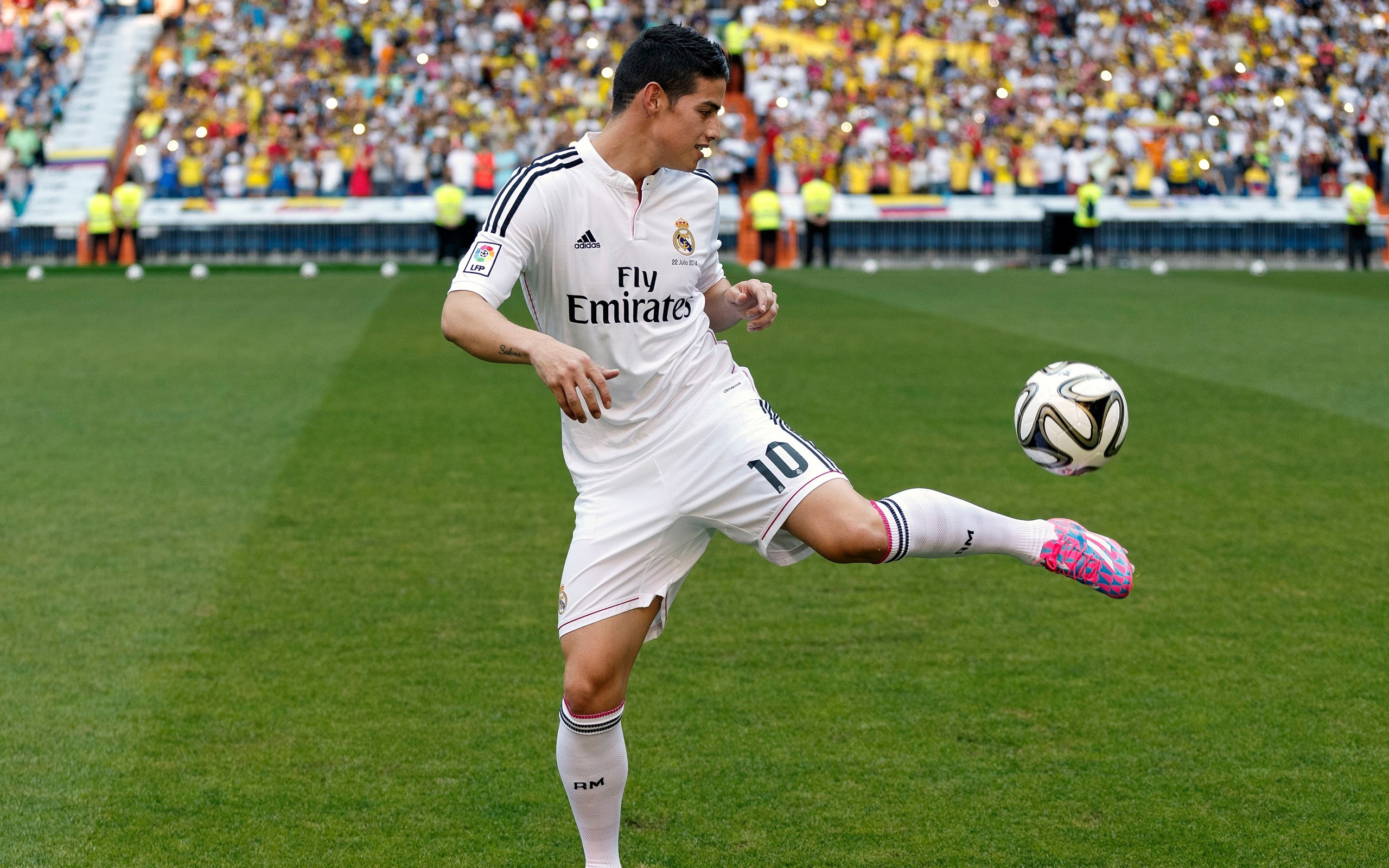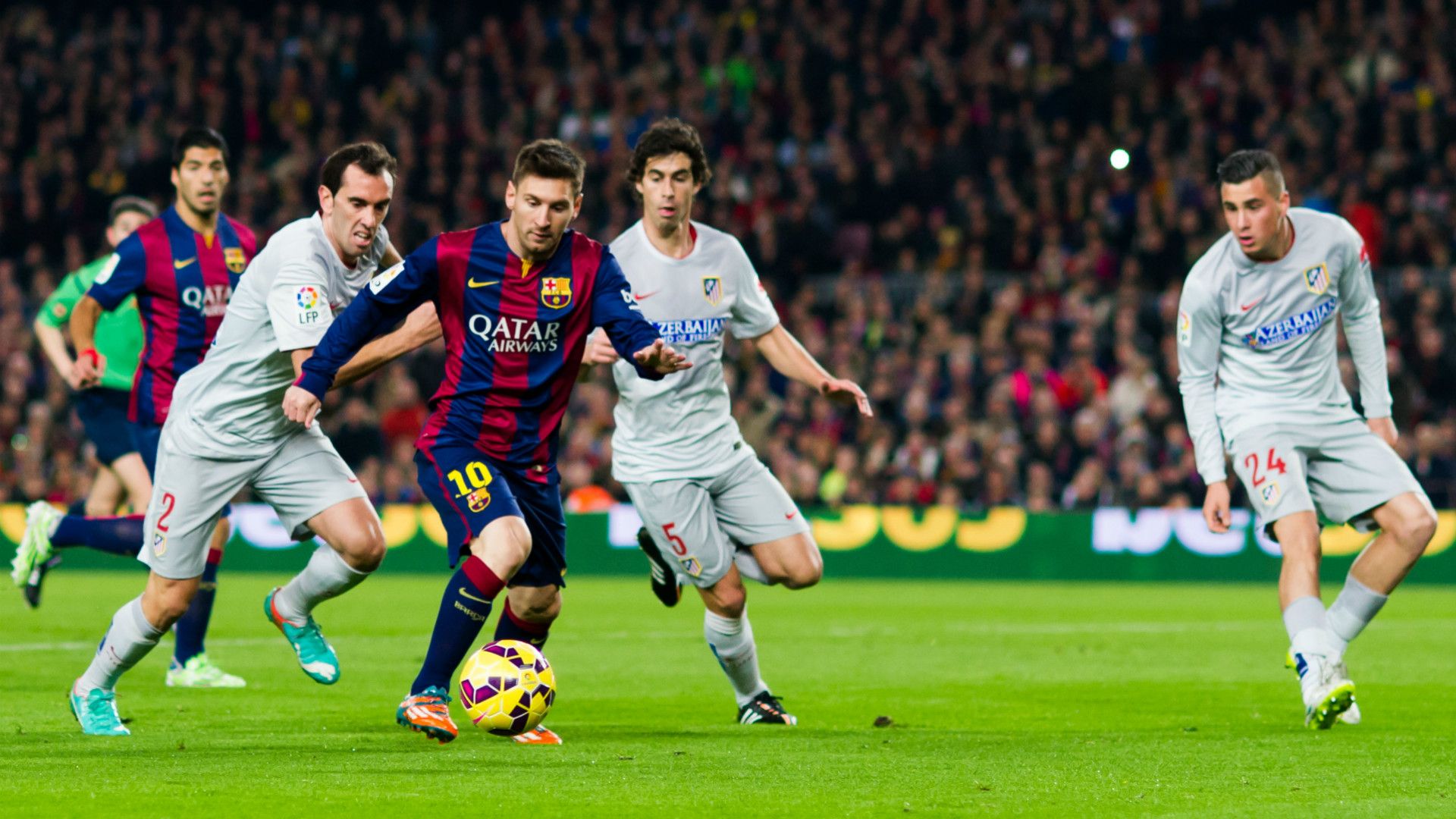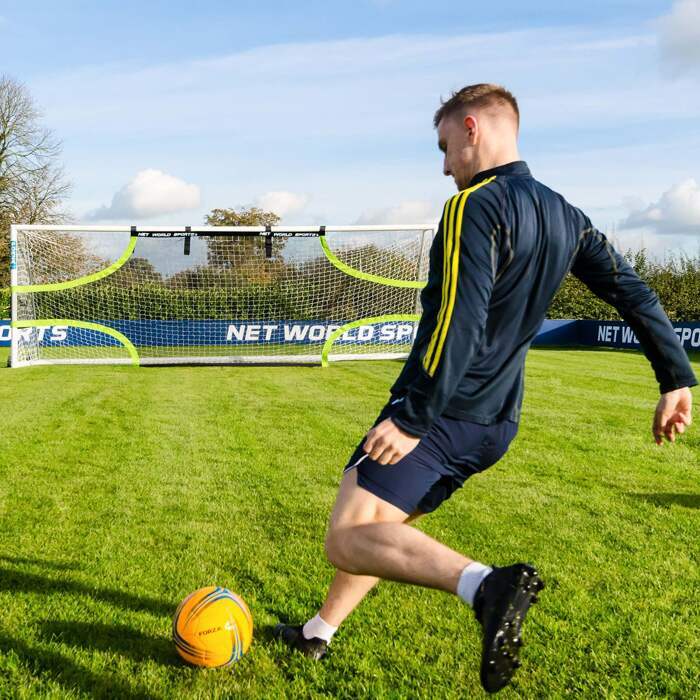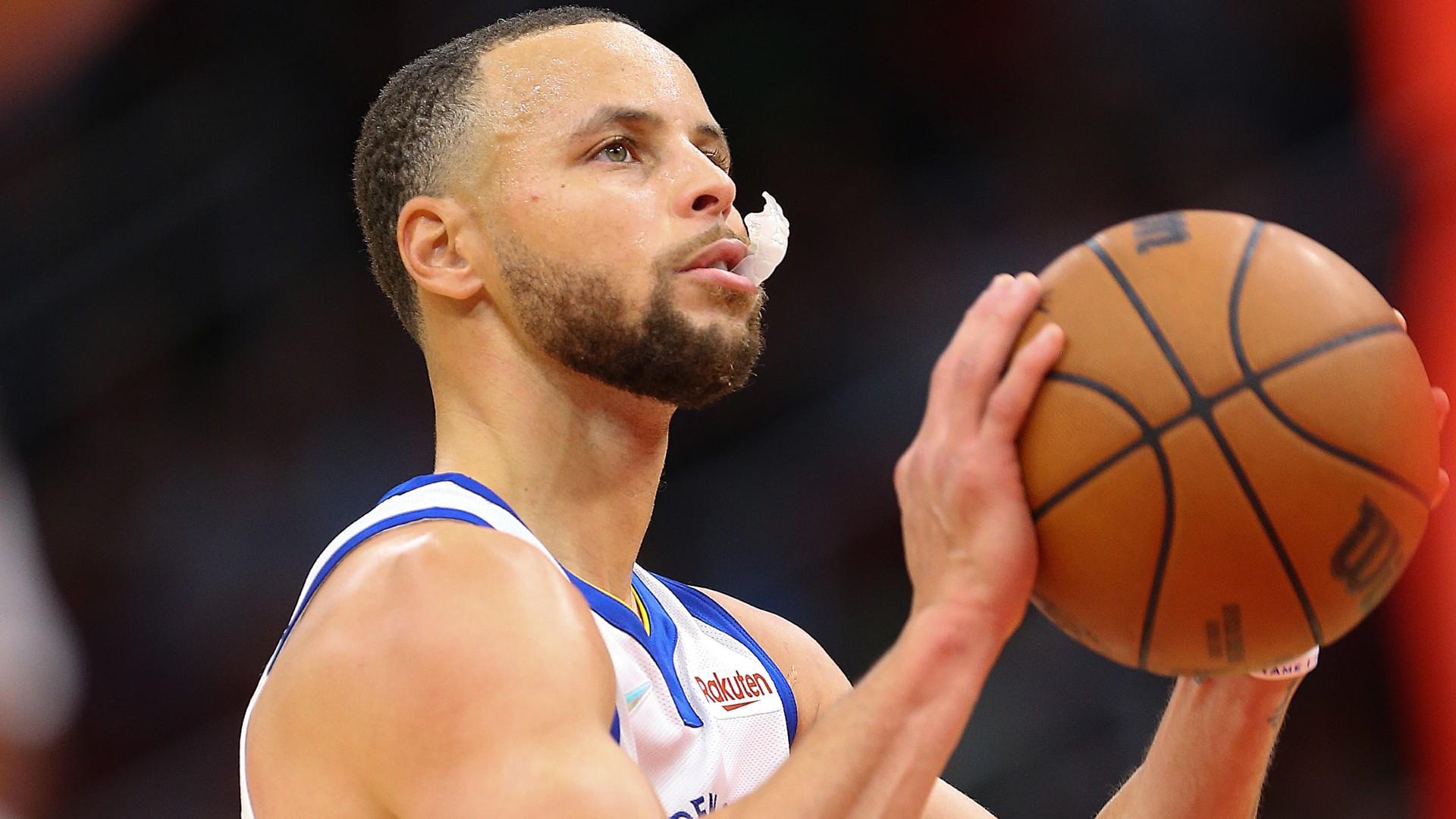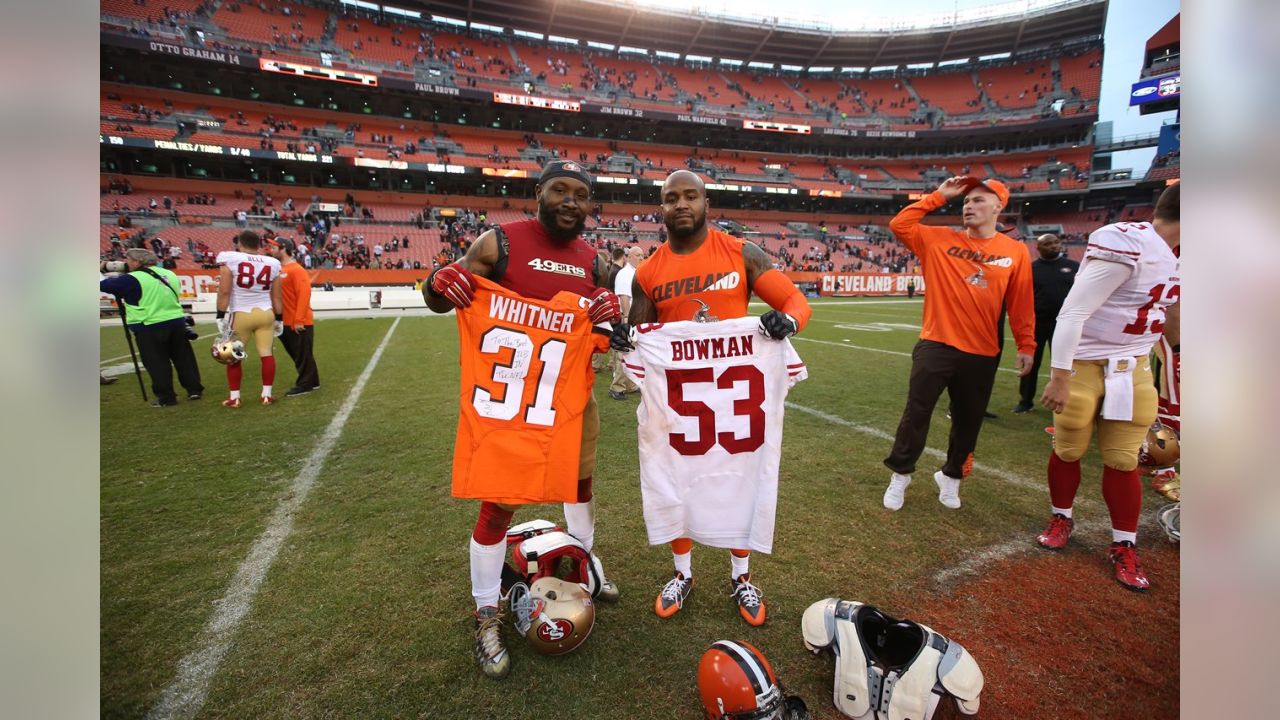The final whistle shrieks, a foul is awarded, and the referee points to the corner flag. Tension mounts as players huddle, strategizing for the set-piece. But before the ball is even placed, a curious sight unfolds: Why do footballers raise their hands before a corner.
Why do they do this? Is it a superstitious ritual, a silent prayer for a perfect delivery, or something more tactical? Let’s unpack why do players raise their hands before a corner, exploring the various functions this seemingly simple gesture serves.
1. Signalling the Referee: Ready to Take the Kick
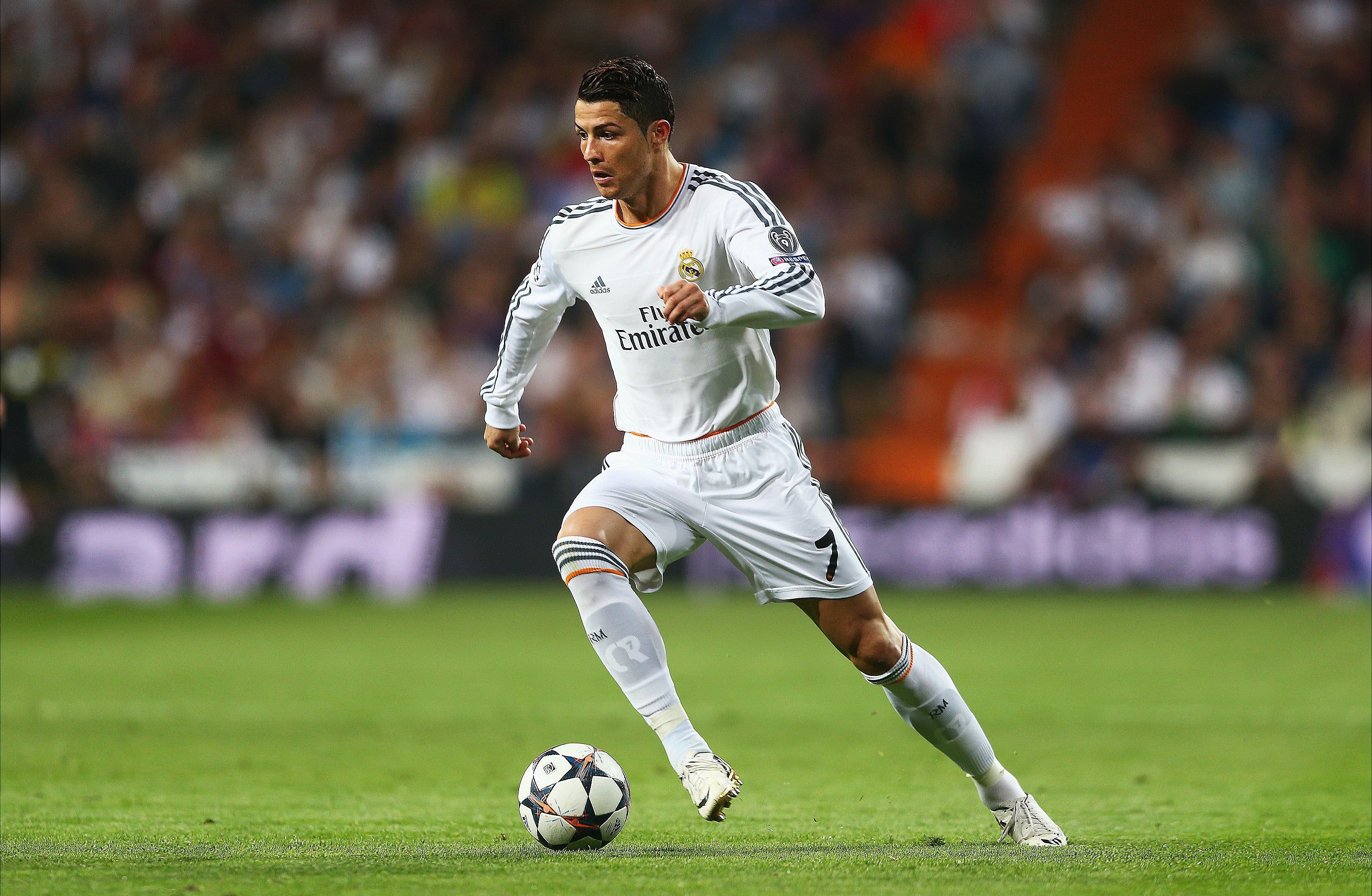
Firstly, raising hands can be a simple communication tool between the player and the referee. It indicates the taker’s readiness to initiate the kick, preventing an unwanted whistle interruption before they’re prepared. Imagine the frustration of a perfect set-piece disrupted by a premature whistle – this simple signal helps avoid such scenarios.
2. Coordinating with Teammates: Silent Symphony Before the Delivery
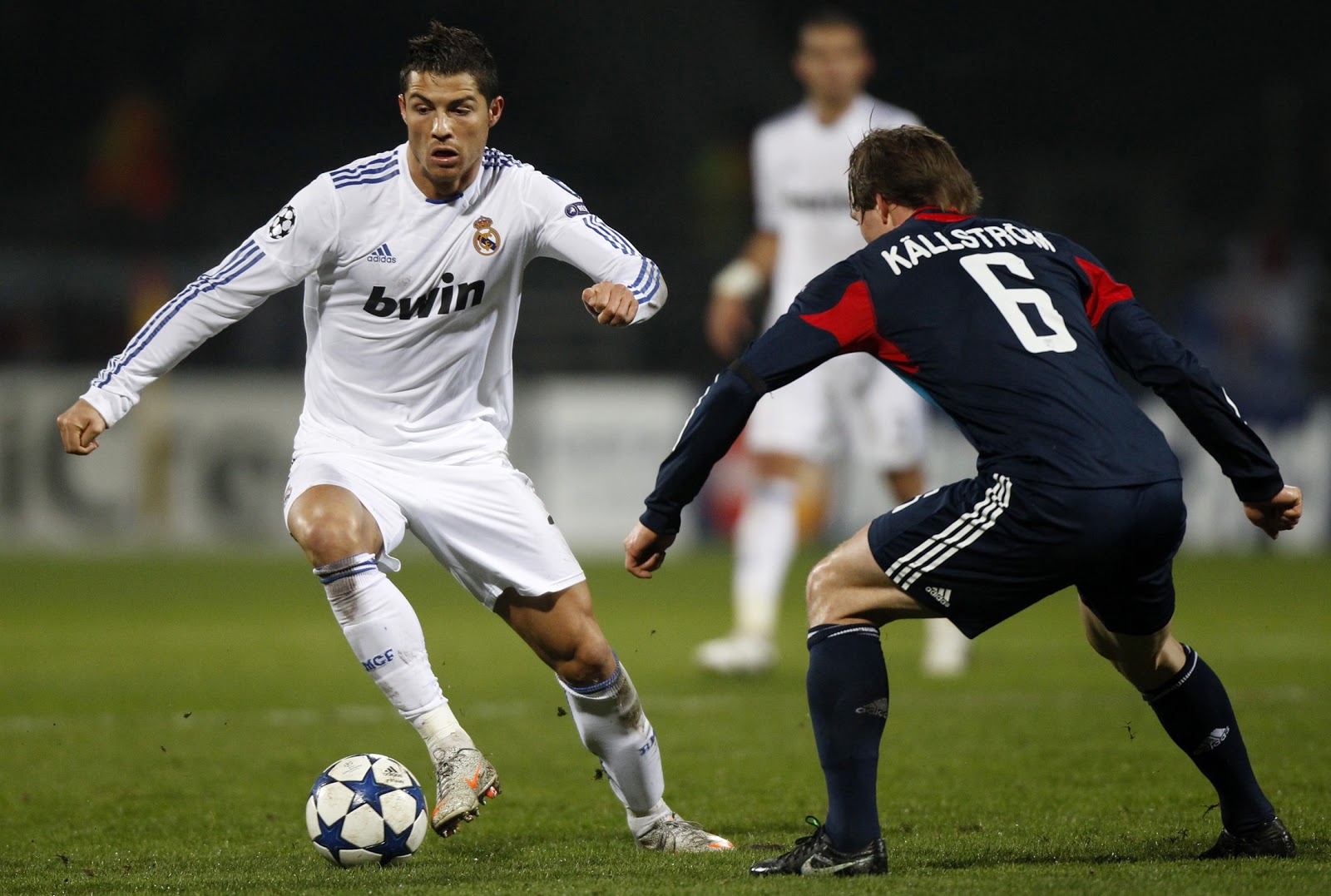
But why do footballers raise their hands before a corner question goes beyond basic communication. This gesture is often a silent symphony between the taker and their teammates. The raised hand can:
- Signal the intended target of the cross: A flick of the wrist towards the near post or a raised arm extended high can alert teammates where the delivery is headed.
- Indicate the type of cross: A closed fist might signify a short corner for a quick lay-off, while open fingers could foreshadow a whipped, dipping cross into the box.
- Alert designated runners: Specific hand signals, like tapping the head or pointing to a particular zone, can inform designated runners of their specific roles and timing for their runs into the box.
3. Distracting the Defense: Mind Games on the Corner Arc
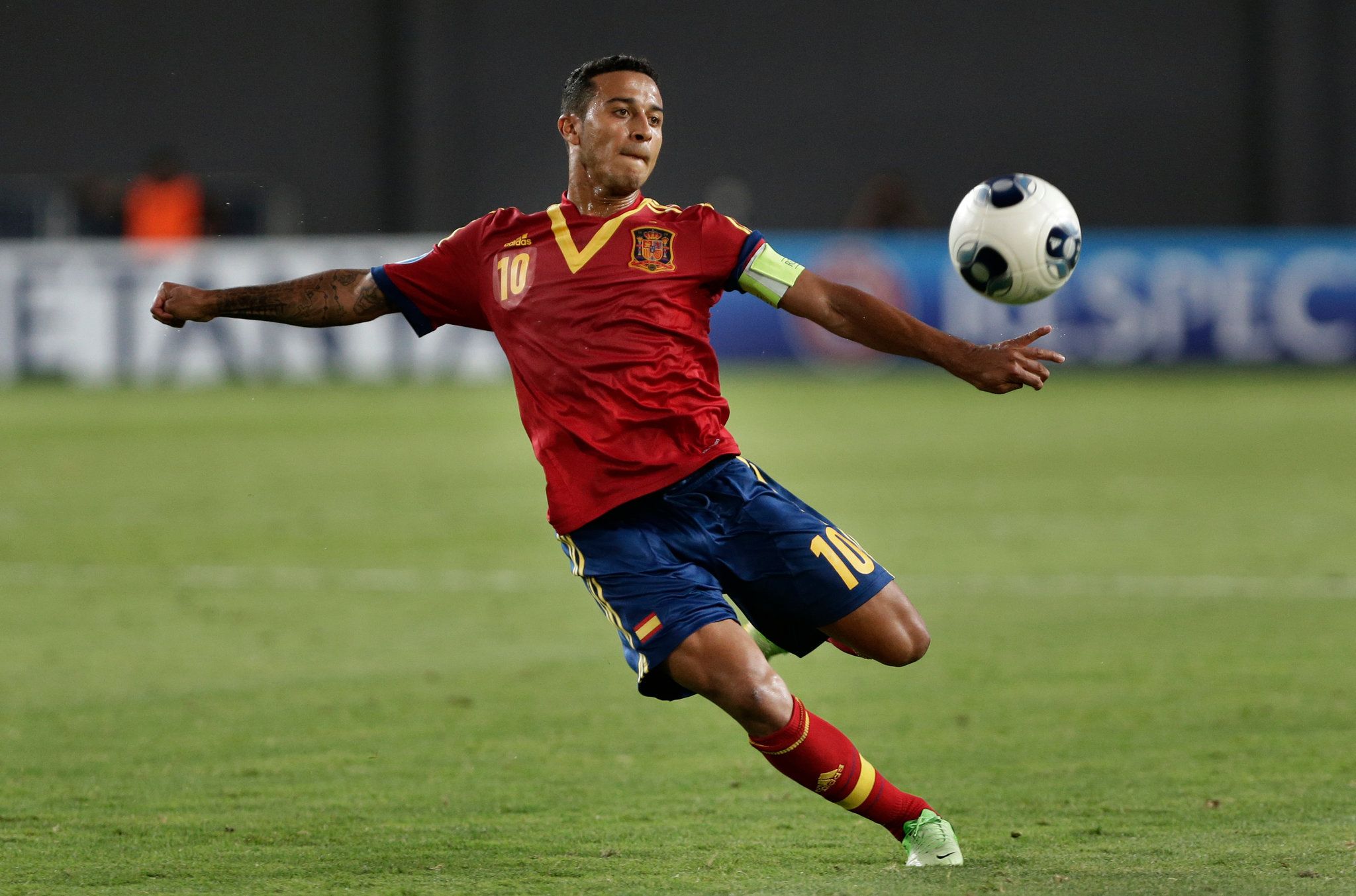
Sometimes, the raised hand plays a more psychological role. By drawing the defenders’ attention, it can:
- Create confusion: Unsure of the intended target or type of delivery, defenders might hesitate and lose their marking positions.
- Buy time: The brief pause created by the gesture allows the taker a crucial few seconds to assess the situation, adjust their aim, or calm their nerves.
- Project confidence: A powerful arm raised high can exude confidence, potentially intimidating the opposition and unsettling their defensive line.
4. A Tradition Rooted in Respect: The Ritual of the Set-Piece
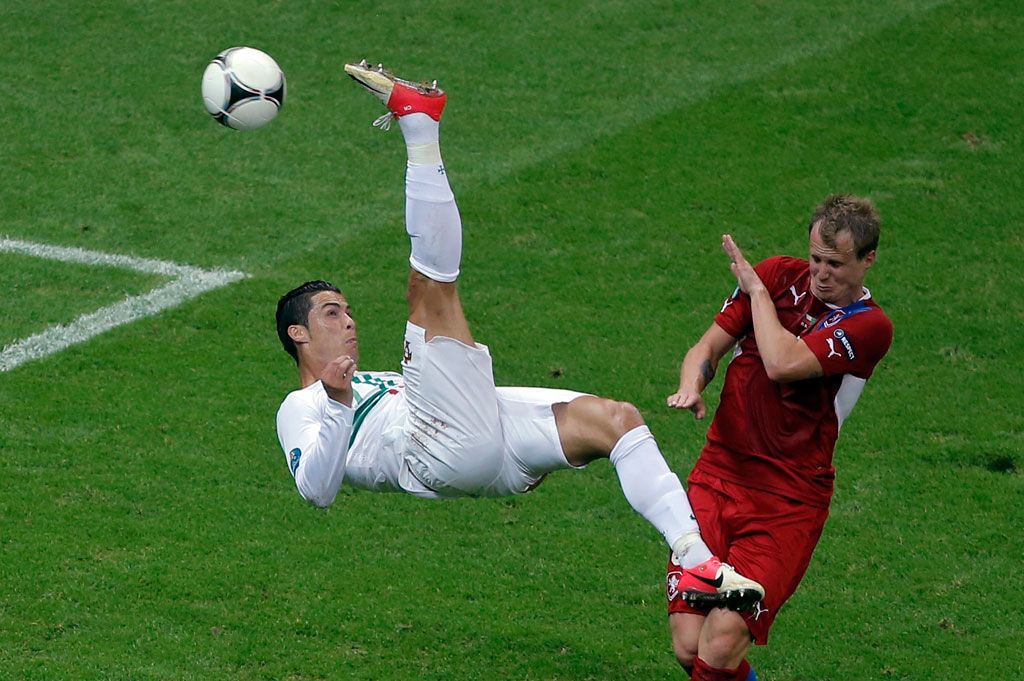
Beyond tactical utility, raising hands before a corner can also be seen as a mark of respect for the set piece and the game itself. It’s a moment of focus and preparation, a silent acknowledgment of the opportunity. For some players, it might be a personal ritual, a mental trigger to lock in and execute their delivery precisely.
5. Evolving with the Game: The Hand as a Modern Tool
While the fundamental reasons for raising hands remain fairly consistent, the gesture has evolved alongside the game. Today, advanced tactics employ more complex hand signals and combinations, creating a mini-language understood only by teammates. This allows for intricate set-piece routines involving dummy runs, feints, and coordinated movements, making the corner kick a potent attacking weapon.
Sure, raising hands before a corner might seem like a small thing, but it’s actually an important part of making that free kick a success. By paying attention to what players do with their hands, you can unlock a whole new layer of soccer strategy! It’s like a secret code they use to tell each other where to kick the ball and who should run where. Sometimes it’s even just about showing the ref they’re ready to take the kick. All in all, understanding these “Why Do Footballers Raise Their Hands Before a Corner?” moments makes watching set-pieces even more awesome, because you can see all the clever planning and hidden communication happening right there on the field.

